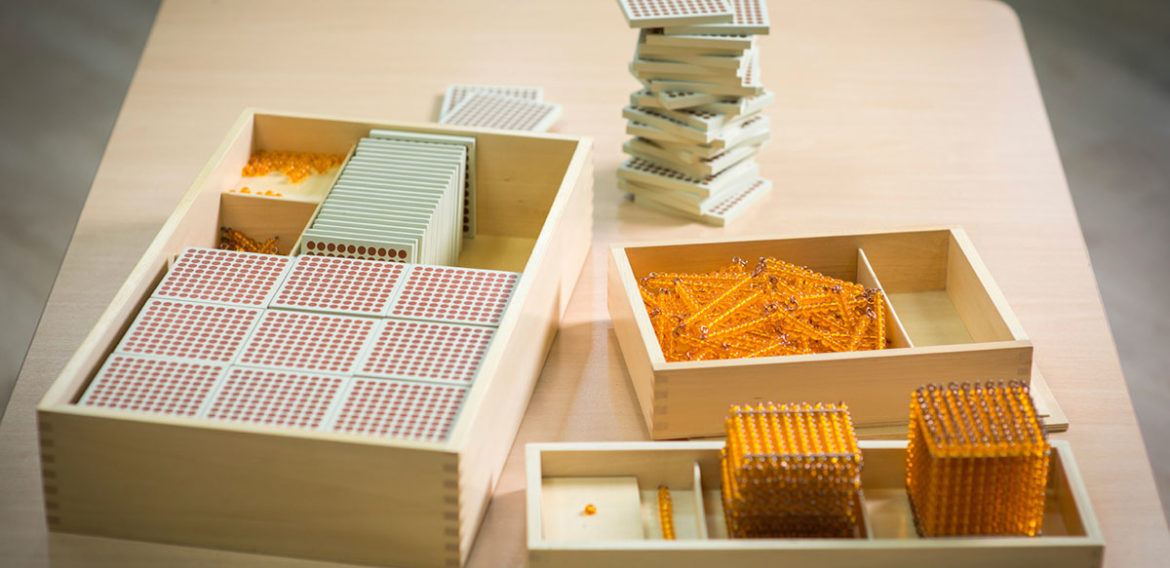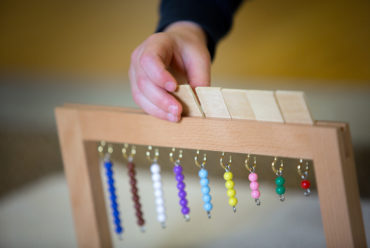The Aha Moment: The Difference Between Knowing and Understanding
Growing up, there were many lessons in school that filled me with wonder. I was fascinated with the world around me and I had a voracious appetite to learn more. I’d absorb everything like a sponge and then eagerly share it with anyone who would listen. Nothing felt better than knowing the answer. I would frantically wave my arm in the air, hoping the teacher would call on me for my chance to shine. This knowing of information was incredibly powerful, or so I thought.
Sure, I could spout off all sorts of facts about various subjects, even math! Sadly though, I couldn’t tell you why many things were done a certain way. Take subtraction for example. Many of us learned the rule about borrowing from the tens place to use in the ones place, right? But I don’t recall being told how this ‘borrowing’ was possible. I only remembered that you had to change the numbers in a specific way to be able to complete the problem. I got the answer right every time without truly understanding what was happening. This was fine for test taking, but not for true comprehension that could guide me to a deeper understanding of the concept.
Fast forward to adulthood and one day during my Montessori training, I had an epiphany. Suddenly, the language changed. The word ‘borrow’ was replaced with ‘exchange.’ The golden beads and number tiles were laid out in front of us, and the concrete experience of exchanging a ten for ten ones took place. When you borrow, you give something back, but there technically is no borrowing taking place. There it was – The Aha Moment. I was 30 years old and suddenly math truly made sense for the first time in my life.
In my opinion, the biggest advantage of a Montessori education is The Aha Moment. Now, don’t get me wrong. The Aha Moment happens in traditional schooling as well, but I don’t think it happens nearly as often, and it doesn’t create genuine understanding the way it does with the Montessori approach. Instead of knowing the answer through rote memorization, or by teachers teaching to the test through skill and drill practices, we see more depth than breadth with each lesson as students move from a concrete experience, to abstract understanding, and finally to full mastery.
There’s a fancy term being thrown around these days in traditional schools called spiral curriculum. It’s basically just reintroducing a topic or lesson throughout a child’s school years by adding more complexity each time the lesson is taught. This is nothing new in Montessori, but the difference is in the sequence. In a traditional setting, a second grade teacher will teach something that was learned in first grade, but with added complexity. My question is why are we waiting for a new school year to do this? Why isn’t the lesson being taught in its entirety with all of its intricacies? In a Montessori setting, the child will build upon a skill at her own pace, and move on to the next phase when she is ready, not when it pops up again on next year’s curriculum.
When I look back on my career as a math student, part of me will always wonder how things would be different for me today if only I had been able to go at my own pace. I still have a minor panic attack anytime I’m faced with abstract math on the go. I also ponder how the traditional approach affected me even in college. On my first day of World Religions, the professor gave us a list of 100 vocabulary words to study. He told us that we had the choice to only come back for midterms to take a test on those words, or to come to class each week and listen to him talk about religions around the world. Of course with my ‘oh-so-busy’ class load, I took the easy route. I know in my heart that had I been taught the Montessori way, I would have chosen to sit and listen to that man speak every week until finals. I would have jumped at the opportunity to hear about his experiences and thoughts so that I would have a fuller understanding of the subject, not just memorized definitions that helped me “ace” a class. Once the Aha Moment gets you, it sinks into your psyche and you are forever changed.










No Comments